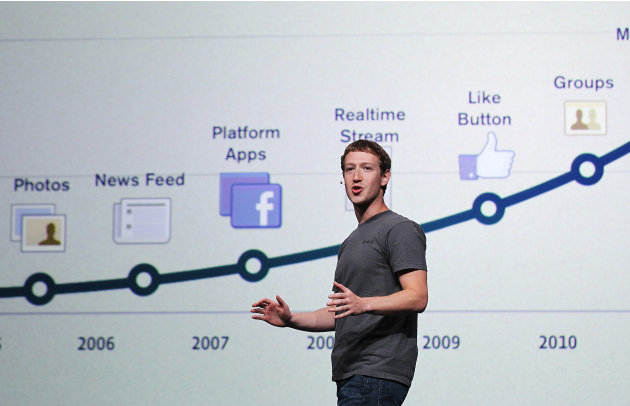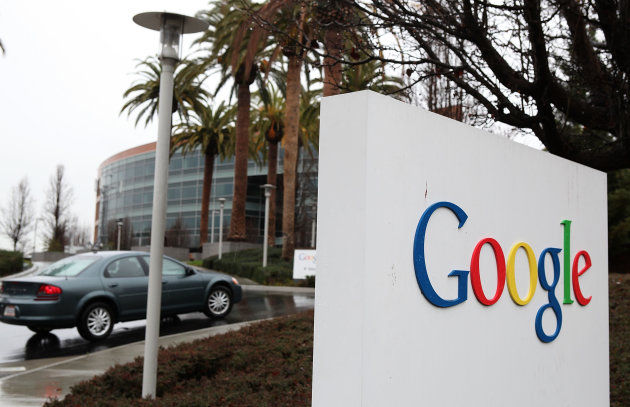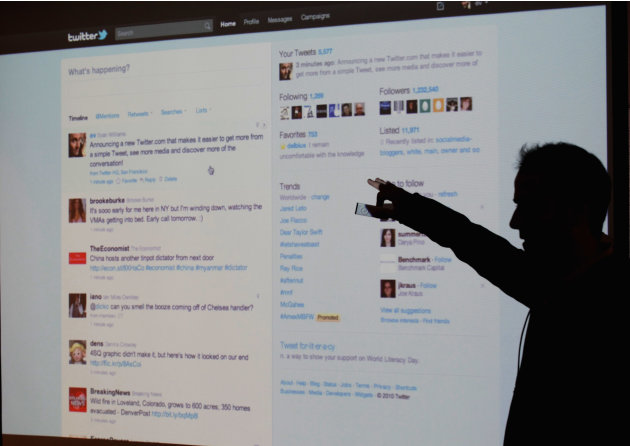With devices getting smarter and processors getting faster, gaming has turned out to be a bigger, more prominent avenue of interest for smartphone owners. And not just simple gaming like in the olden days - today smartphones offer detailed graphics, immersive sound and realistic controls, aided by devices like Sony Ericsson Xperia Play, and Sony Tablet that have cutting edge technology.
Brothers in Arms 2
Brothers in Arms 2 is a war game where your role is of a solider on his way to becoming a war hero. Set in World War 2, the game puts users in the middle of the battle field where they have to strategise and outsmart the enemy to be victorious. The story is simple, yet intriguing. Users not only fight on foot, but get to play on different vehicles, which have their own limitations. They can shoot with rifles, flamethrowers, or can also use heavy machine guns found in the bunkers.
Brothers in Arms 2
Brothers in Arms 2 is a war game where your role is of a solider on his way to becoming a war hero. Set in World War 2, the game puts users in the middle of the battle field where they have to strategise and outsmart the enemy to be victorious. The story is simple, yet intriguing. Users not only fight on foot, but get to play on different vehicles, which have their own limitations. They can shoot with rifles, flamethrowers, or can also use heavy machine guns found in the bunkers.

Line Runner
Line Runner is based on a stick figure whose only task is to jump over and roll under obstacles in a variety of combinations, and that is what this game is about. But as easy as it might sound the game throws some real challenges at you while playing. The combination of jumps and rolls that you have to do get really challenging with each stage, and there are ten stages in all. The controls provided for this game are two buttons placed on the sides, one for rolling under obstacles and the other for jumping over them.
Although the game does not feature an elaborate story or detailed graphics, it offers some great gaming in which the player needs to be really alert and active.
It takes time getting used to the game. You will find yourself getting killed by hitting obstacles in the face or legs often. The number of stages or tracks provided in the game is enough for hours of fun and excitement. You will not find yourself easing on the controls at any point during the game and the difficulty just keeps on increasing. The game has a total of ten tracks that offer ample gaming time. Even after that you have the random track for additional fun if you finish or get bored of the ten preset tracks.
In the options you will find the graphic tweaks that allow you to move the city in the background as you advance on the track and the grave tombstone that marks the point where you died the last time so you can monitor your progress. You can compete with players across the globe and stack up some real cool numbers to flaunt on OpenFeint as well.
Cartoon Wars
As silly as it might sound, Cartoon Wars is based on the story of a fight between cartoons and the monsters that have caged and tormented them for ages. The cartoon characters, after years of slavery, have decided to gather all their efforts and fight the monsters. You play on the cartoons' side and to do this you train new fighters while protecting the castle, which stands as a symbol of victory and revolt.
The black and white cartoon characters defend the blue side while the monsters attack from the red side. The game is based on a simple objective and that is to beat the opponent. All you need to do is create troops and send them to fight with monsters while they do their best from their side.
The game is based on a magical source of energy called Mana power, which is used to create troops. Mana power is the life blood of this game, especially for cartoon characters, and is generated by the Mana generator that is placed right behind the tower.
The power is generated every second, but there are times when you need more power, and that is why you must upgrade the power and skills of characters when you really need it. For doing so, you require money and forging stones. You earn gold and forging stones after each battle and these you can use either to upgrade, or to unlock new characters. However, forging stones can only be earned if the player finishes the fight in less than ten of the total 20 minutes of battle time.
Paper Zombie
Killing zombies, those pesky non living creatures, has always been fun. Another addition to zombie killing action is Paper Zombie, and as the name hints, the zombies are now made of paper, which needs to be cut or burnt properly to kill zombies. What makes the zombie killer game a super hit is that it gives much needed freedom to players to choose how to kill the nasty zombies.
Paper Zombie has been acclaimed as one of the top ten games on iOS, and we are sure it will hit the same mark on Android as well, with its superior game play. The game doesn't have a story, but players need to kill the waves of zombies they face in over 70 levels of this game.
Paper Zombie is an action shooter game where your main motive is to slay and burn. Well, payers must improve and innovate to tackle the zombies. Players need to upgrade weapons, which can be done by earning money within the game, and players need to outsmart the zombies before they get out of hand.
Talking about weapons, Paper Zombie includes three weapon styles that have their own uniquenesses and weaknesses. Players must use the right weapon at the right time to survive the zombie attack, but be very careful as to when you spend the money as every wrongly spent penny might prove fatal and you will have to start all over again.
Gun Bros
Gun Bros is the story of a fight between the TOOL (Tyrannical Oppressors of Life) and the FRAGGED (Freakishly Rugged Advanced Genetics Galactic Enforcement Division) forces, wherein the only objective for players is to kill or else get killed, and for the rugged and the tough ones it is to lay their weapons. The game gets a few more brownie points being absolutely free to play.
You play as the FRAGGED solider whose sole mission is to scout the planets and rid them of TOOL creatures. Game play involves shooting and making some clever moves when the heat seeking missiles and plasma bursts from enemies come your way. The newest addition to the game is real multiplayer capability, which a player can use to play with a fellow Bro both in online and offline modes.
The game starts with the basic levels first, but as you gain experience you open up newer and more difficult stages.
Keep in mind that if you do not upgrade your player there is only so much you can play in this game as the enemies grow stronger and harder to kill by each passing wave. But at the same time do not get carried away with the design of the gun as sometimes smaller guns cause more harm than the dangerous looking big guns.










































